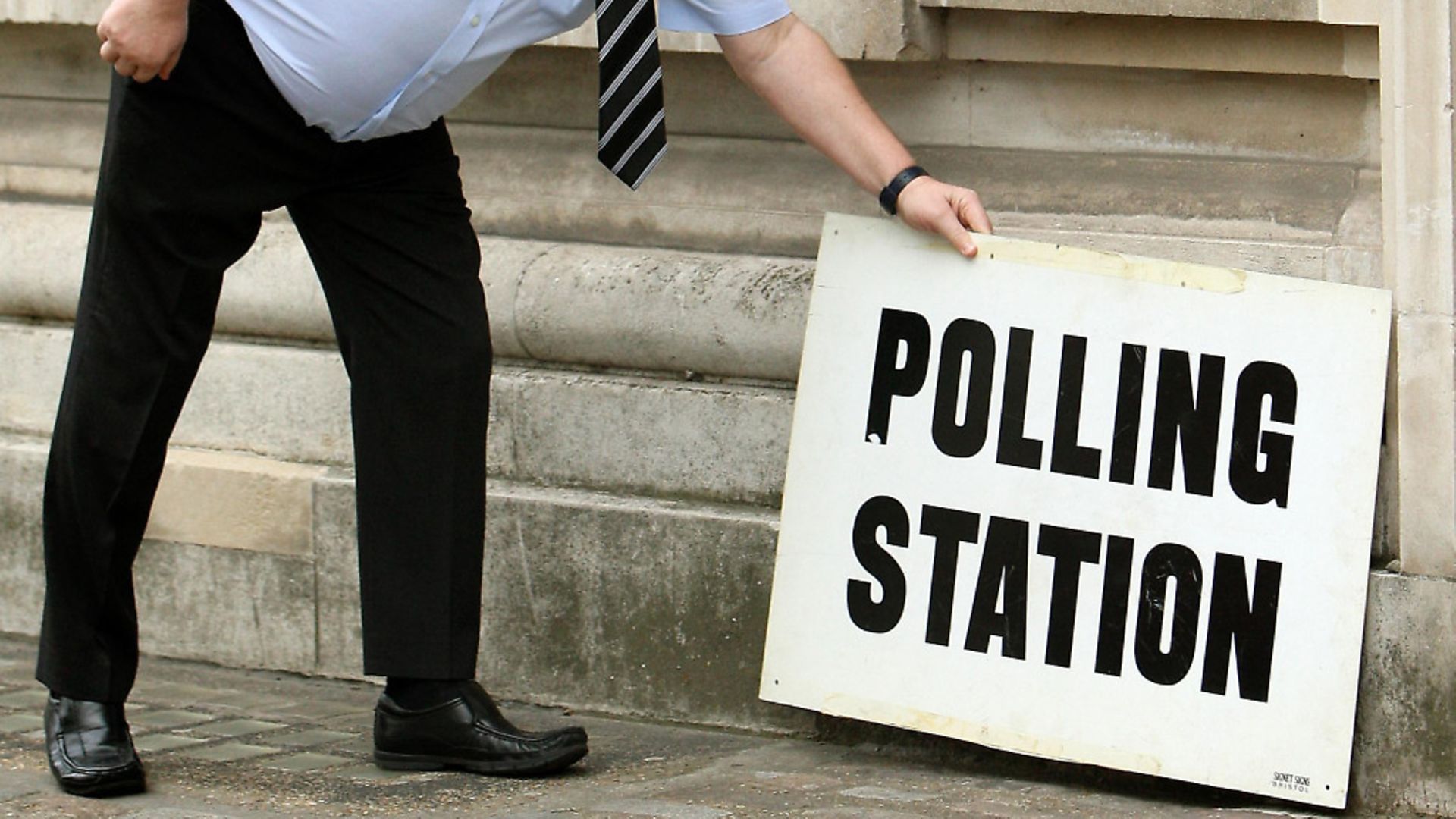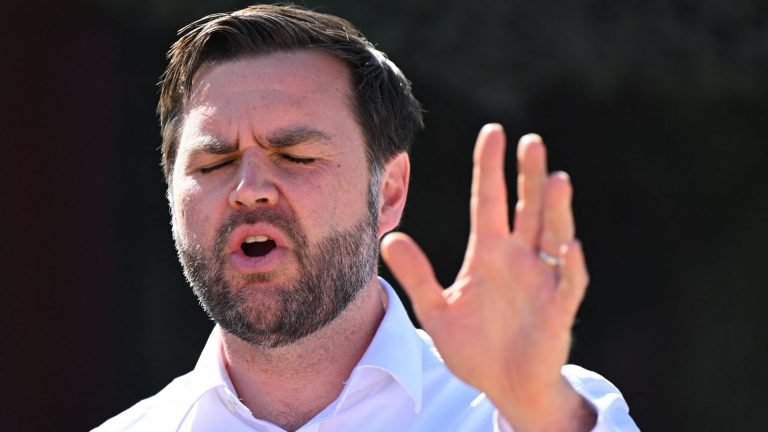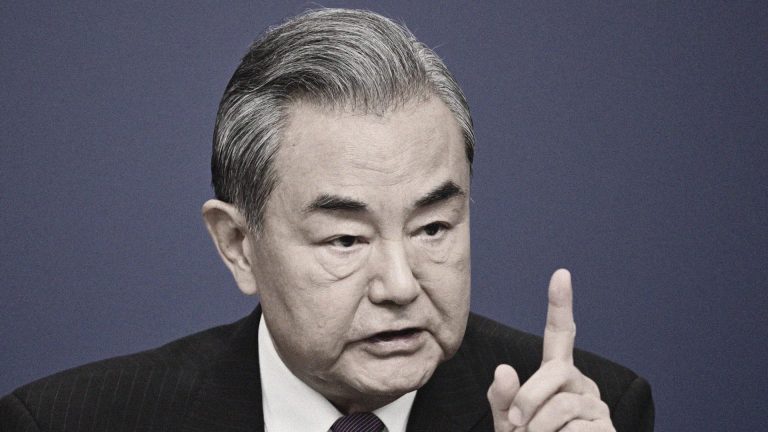The latest analysis of Britain’s fragile economy is in, and it makes devastating reading for Rishi Sunak.
A report by the National Institute of Economic and Social Research (NIESR), Britain’s oldest independent economic think tank, predicts that while Britain is likely to avoid recession in 2023, there is roughly a 60% risk of a recession by the end of 2024. It adds that inflation will stay high and that UK output will not return to pre-pandemic levels until the third quarter of 2024, leading to five years of lost growth.
While the NIESR says that the poorest households will again be the worst hit – they could be 17% worse off by the end of 2024 than they were five years earlier, with the richest households only 5% worse off – there is little comfort in its report for the multi-millionaire currently residing in No. 10 Downing Street.
Rishi Sunak can wait until January 28, 2025 to hold the next general election. But warnings that the UK could go to the polls in a recession if he holds out will only strengthen the hand of those in his party who are arguing for a national vote in May next year.
The theory – backed by the Tories’ former senior advisor Lord Finkelstein, among others – is that while Sunak may be tempted to wait for some more hopeful news towards the end of 2024 on energy prices and inflation, he risks being seen as a busted flush clinging on to power by an electorate that has already largely made up its mind. Labour continue to record poll leads of between 14-22 points despite Tory attacks on ultra-low emission zones and immigration.
This, Finkelstein believes, is what contributed to John Major’s shattering defeat in 1997, when the strategy of going to the polls at the last possible moment saw the Conservatives lose 178 seats and power for 13 years. Holding on also did Gordon Brown few favours in 2010.
In his thinking, Sunak should call a general election for May 2, 2024; the same day on which local council elections are being held in England and Wales. There would be little expectation of Tory success – although the popularity of mayors Ben Houchen and Andy Street, both up for re-election, might improve prospects in Tees Valley and the West Midlands – but a vote held with spring in the air could stem Conservative losses and leave an inexperienced Labour team entering No.10 in the middle of a crisis.
The depth of what they would face in power is made clear in the NIESR report. Its director Jagjit Chadha predicted more stagflation – rising prices with low growth – and said: “Until we ignite economic growth, a substantial portion of households will struggle with high housing and food costs, poor transportation, a creaking healthcare service and dwindling savings. It is not a promising inheritance for the next government.”










